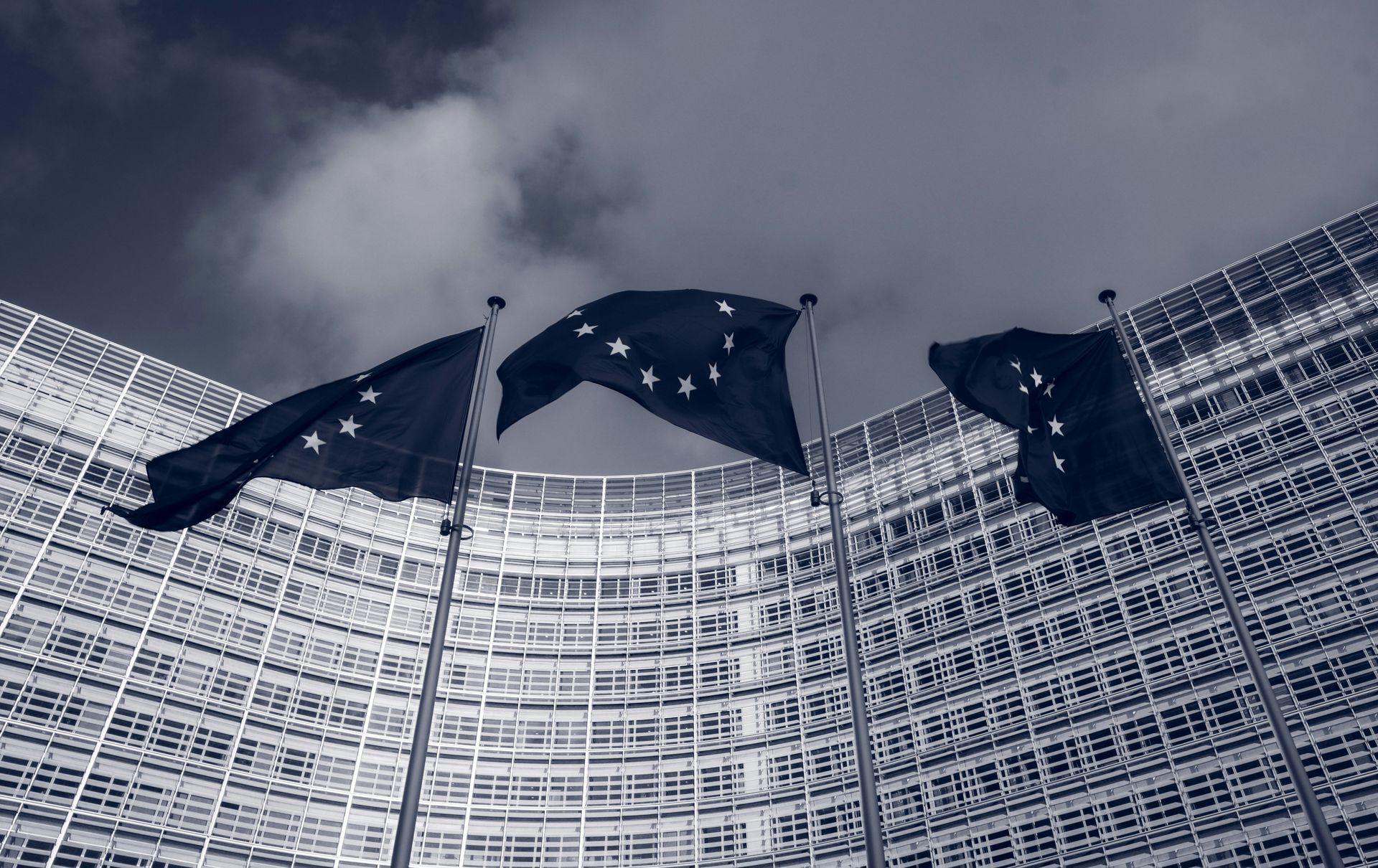Meta’s ‘pay or consent’ policy has led to a second DMA investigation, following Apple’s

Meta’s “pay or consent” policy has led to a second Digital Markets Act (DMA) investigation, marking another significant moment in the European Union’s ongoing efforts to regulate big tech companies and ensure fair competition.
The DMA, which came into effect in March 2023, was designed to prevent large digital “gatekeepers” from abusing their dominant market positions.
In the spotlight now is Meta, the parent company of Facebook and Instagram, whose recent practices have drawn the scrutiny of EU regulators.
A flashback to Apple’s encounter with the DMAApple was the first major tech company to face charges under the DMA. The European Commission’s investigation into Apple revolved around its App Store practices, which allegedly hindered fair competition. Apple’s “steering” practices, which restricted developers from informing customers about alternative purchasing options outside the App Store, were a key issue. The Commission found these restrictions problematic as they prevented developers from freely communicating with their customers about potentially cheaper offers. This, combined with excessive fees imposed on developers, raised significant concerns about Apple’s compliance with the DMA.
 Apple was the first major tech company to face charges under the DMA for its App Store practices (Image credit)
Apple was the first major tech company to face charges under the DMA for its App Store practices (Image credit)
The Commission also examined Apple’s “link-out” process, which allowed developers to include a link in their app redirecting customers to a web page for purchasing. The conditions imposed on these link-outs were deemed overly restrictive and seen as barriers to effective competition. Moreover, Apple’s contractual terms for developers, including a “Core Technology Fee,” were put under scrutiny to ensure they met the DMA’s requirements. The investigation into Apple’s practices set a precedent for the Commission’s approach to enforcing the DMA, highlighting the EU’s commitment to curbing the power of digital gatekeepers.
Meta under the microscopeFollowing Apple’s investigation, Meta found itself under similar scrutiny for its “pay or consent” policy.
This policy, implemented on Facebook and Instagram, offers users a binary choice: either consent to Meta tracking their data for targeted advertising or pay a subscription fee to use the platforms without ads.
The European Commission’s preliminary findings suggest that this approach does not comply with the DMA. The regulator argues that Meta’s binary choice forces users to consent to the combination of their personal data and fails to provide a less personalized but equivalent version of its social networks.
 The European Commission’s preliminary findings suggest Meta’s policy does not comply with the DMA (Image credit)
The European Commission’s preliminary findings suggest Meta’s policy does not comply with the DMA (Image credit)
The DMA aims to ensure that users have a real alternative when it comes to their data privacy. According to Article 5(2) of the DMA, gatekeepers must obtain users’ consent before combining their personal data across services. Meta’s dominant position in social networking allows it to extract more data from users, giving its ad business an unfair advantage over competitors. The Commission’s investigation found that Meta’s approach does not offer a free and fair choice to users who do not consent to tracking, as the subscription fee option is not a valid equivalent to free access.
What if?The stakes for Meta in this investigation are high.
Failure to comply with the DMA could result in significant penalties, including fines of up to 10% of its global annual turnover, and even 20% for repeat offenses. More importantly, the outcome of this investigation could force Meta to abandon its current business model, which relies heavily on surveillance advertising. This would have far-reaching implications not only for Meta but for the entire adtech industry, which has long depended on targeted advertising based on user data.
The EU’s goal with the DMA is to level the playing field by targeting the advantages that gatekeepers exploit through their dominance.
 Non-compliance with the DMA could lead to significant fines for Meta (Image credit)
Non-compliance with the DMA could lead to significant fines for Meta (Image credit)
In Meta’s case, the ability to combine data across its services gives it an edge in the ad market. The Commission’s preliminary view is that a subscription-based alternative does not meet the DMA’s requirement for a free equivalent service. Instead, Meta could be compelled to offer a free, less personalized version of its platforms that respects user privacy and provides a genuine alternative to data tracking.
Meta’s response and the path forwardIn response to the Commission’s findings, Meta has defended its “pay or consent” policy by citing an earlier EU court judgment.
Meta argues that offering a subscription for no ads complies with the DMA and follows the direction of the highest court in Europe. However, the European Commission officials counter that the court’s judgment suggested that a paid version could only be offered “if necessary,” and Meta has not justified why a fee is essential in this context. The officials also pointed out that Meta could offer contextual advertising, which does not rely on personal data, as a free alternative.
As the investigation continues, Meta will have the opportunity to respond formally to the preliminary findings. The European Commission has set a 12-month timeline to complete the probe, aiming to conclude it by or before March 2025. The Commission’s enforcement actions against Meta are part of a broader strategy to ensure compliance with the DMA and protect consumer rights. Privacy advocacy and consumer protection groups have been instrumental in bringing Meta’s practices to the Commission’s attention, emphasizing the need for regulatory oversight in the digital marketplace.
Featured image credit: Dima Solomin/Unsplash
